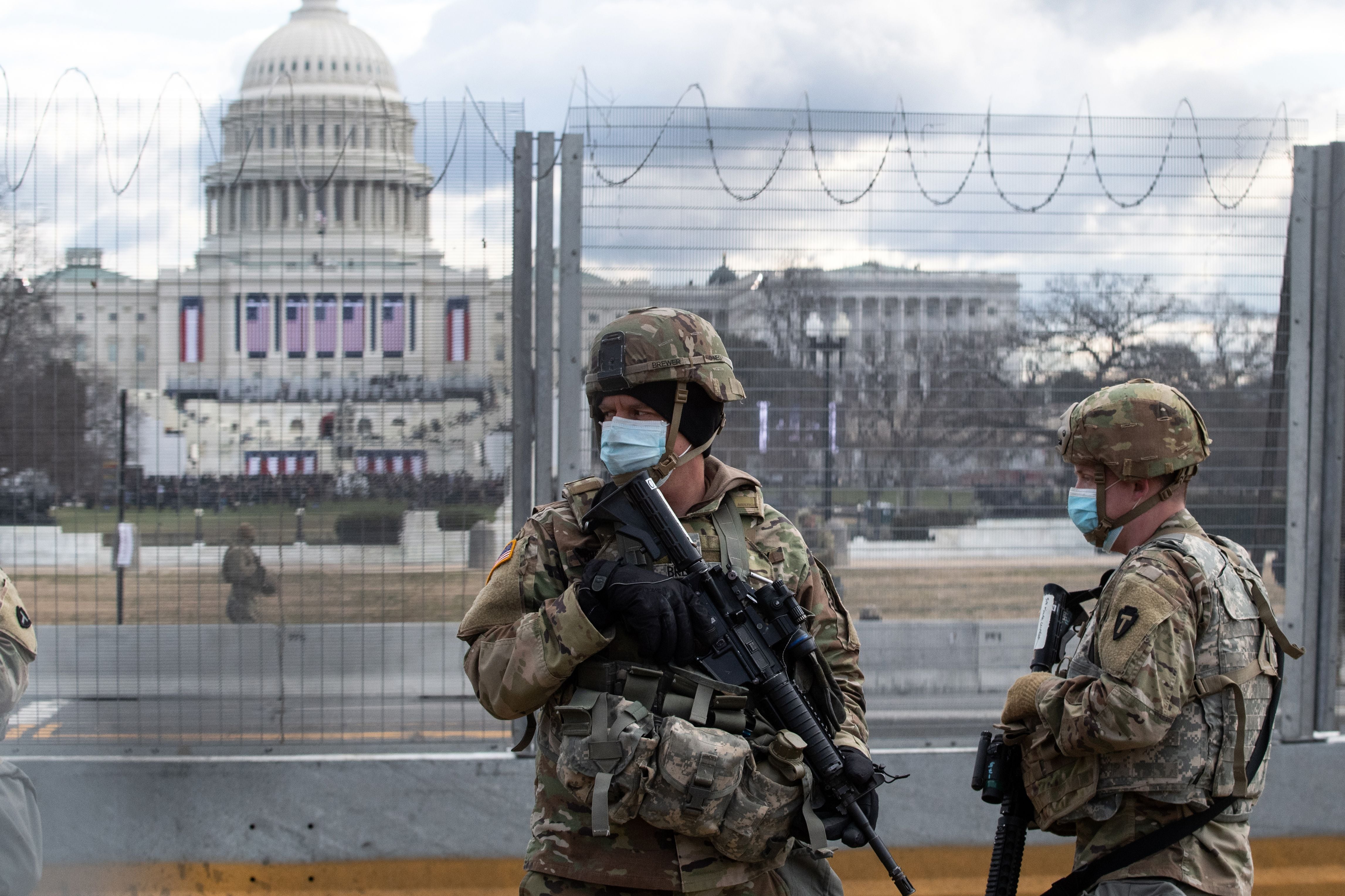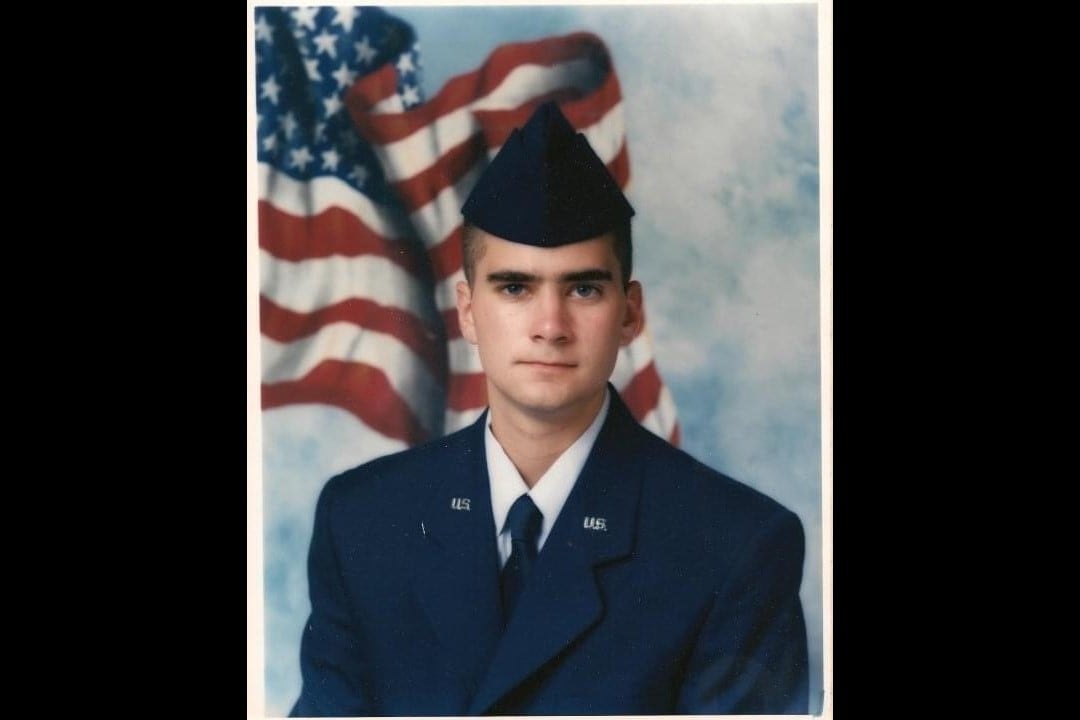Former Capitol Hill security officials on Tuesday insisted their decision not to involve more National Guard forces ahead of the deadly attack on the Capitol building on Jan. 6 was the result of intelligence analysis that underrated the threat on Congress and not concerns about the “optics” of having military personnel on Capitol Hill.
“We all agreed that the intelligence did not support the troops and collectively decided to let it go,” said Paul Irving, former House Sergeant at Arms who resigned in the wake of the assault. “From what I remember everyone was very satisfied that we had a robust plan, security plan that was consistent with the intelligence that we had at the time.”
That decision, which resulted in Capitol Police officers being overwhelmed by thousands of rioters in a massive security breach designed to disrupt lawmakers’ certification of the November 2020 presidential election result, was part of the focus of a Senate hearing Tuesday examining the failures of that day and possible fixes for the future.
Five individuals died in the violent event, including Capitol Police officer Brian Sicknick, an Air National Guard veteran who died after being beaten by rioters inside the Capitol. Two other officers died by suicide in the days following the attack.
RELATED

In response, nearly 26,000 guardsmen were mobilized to provide security on Capitol Hill in the hours after the attack and for the weeks around the Jan. 20 inauguration of President Joe Biden. As of Monday, more than 5,200 Guard members remain deployed there, Pentagon spokesman John Kirby said at a Monday press conference. Some troops will remain until next month.
Senate leaders said they plan on calling Department of Defense and Department of Homeland Security officials next week to discuss their role in the response, and concerns over delays in the Guard response to the attack.
On Tuesday, witnesses gave conflicting accounts of whether intelligence indicated that armed military members should have been stationed around the Capitol ahead of the event, and as the situation deteriorated.
Robert Contee III, acting Chief of Police for the Metropolitan Police Department, said he was surprised by what he saw as “reluctance to immediately send the National Guard to the Capitol grounds” after rioters breached the building.
Former U.S. Capitol Police Chief Steven Sund similarly expressed concerns with the time it took to mobilize the Guard — he said he asked for the security support shortly after the grounds were breached, other leaders disagreed with that timeline — and said that officials were concerned about the “optics” of the situation.
Irving strongly disputed that charge.
“Let me be clear: Optics point as portrayed in the media played no role whatsoever in my decisions about security, and any suggestion to the contrary is false,” he said. “Safety was always paramount when making security plans for Jan. 6.”
Michael Stenger, former Senate Sergeant at Arms, echoed that assessment, saying that the mistakes of the day dealt with planning and communication but not politicization of the security footprint.
Witnesses suggested ways to improve communication among Capitol Hill security leaders, to include a more direct line to National Guard officials if similar threats appear in the future.
RELATED

At the start of the hearing, Capitol Police Capt. Carneysha Mendoza — an Army veteran — recounted her experiences during the attack. She was scheduled to work the evening of Jan. 6 but rushed to the Capitol earlier in the afternoon amid reports of her fellow officers being overwhelmed by the crowds.
“I received chemical burns to my face that still have not healed to this day,” she said. “I witnessed officers being knocked to the ground and hit with various objects that were thrown by rioters …”
“As an American, as an Army veteran, it’s sad to see us attacked by our fellow citizens. I’m sad to see the unnecessary loss of life. I’m sad to see the impact this has had on Capitol Police officers. And I’m sad to see the impact this has had on our agency and on our country.”
That impact includes the several thousand Guard members who remain deployed to Capitol Hill today. Separate from the hearing, Senate Majority Leader Chuck Schumer, D-N.Y.., said that he is looking ahead at security improvements for Congress but expects those troops to leave on schedule.
“The Capitol has been and must be once again a symbol of democracy that’s accessible to the people,” he said. “No one expects the Capitol to remain a militarized zone in perpetuity.”
Leo covers Congress, Veterans Affairs and the White House for Military Times. He has covered Washington, D.C. since 2004, focusing on military personnel and veterans policies. His work has earned numerous honors, including a 2009 Polk award, a 2010 National Headliner Award, the IAVA Leadership in Journalism award and the VFW News Media award.





